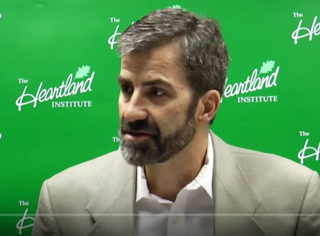A Quote by Gail Collins
One line I'd draw would be on raising the eligibility age for Social Security and Medicare. It sounds fair, since people are living longer. But it isn't. Lower income workers are the ones who find it hardest to keep working after 65. And they'll get penalized with lower benefits.
Related Quotes
I've said repeatedly publicly, and other members have, that until you adjust the eligibility for entitlements, do things like raising the age for Medicare for future beneficiaries. Not for those currently receiving or those about to receive. Have serious means testing for high income people. You know Warren Buffett's always complaining about not paying enough taxes. And what I'm complaining about is we're paying for his Medicare. We ought not to be providing these kinds of benefits for millionaires and billionaires.
This is what class warfare looks like: The Business Roundtable - representing Goldman Sachs, Bank of America, JP Morgan Chase and others - has called on Congress to raise the eligibility age of Social Security and Medicare to 70, cut Social Security and veterans' COLAs, raise taxes on working families and cut taxes for the largest corporations in America.
You know what they want? They want obedient workers. Obedient workers, people who are just smart enough to run the machines and do the paperwork. And just dumb enough to passively accept all these increasingly shittier jobs with the lower pay, the longer hours, the reduced benefits, the end of overtime and vanishing pension that disappears the minute you go to collect it. And now they're coming for your Social Security money. They want your f**kin' retirement money. They want it back so they can give it to their criminal friends on Wall Street.
The benefits of a modest warming would outweigh the costs - by $8.4 billion a year in 1990 dollars by the year 2060, according to Robert Mendelsohn at Yale University - thanks to longer growing seasons, more wood fiber production, lower construction costs, lower mortality rates, and lower rates of morbidity (illness).
The richer people, when they get another $100,000, or another million, or 10 million, don't tend to spend it as much as the poorer people would if they got another $100 or $1,000 or $5,000. All the empirical evidence suggests that the rich tend to consume a lower proportion of income than middle and lower-income people.
Union membership is not the sole guarantor of job security and a living wage, but nonunion factory workers do not enjoy the same protections as union workers. They're subject to exploitation, underpayment and lower standards of workplace safety - which is also often the case for manufacturing workers outside the United States.
































